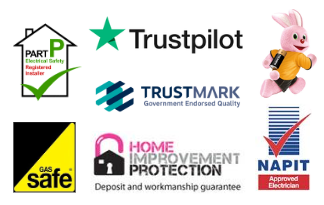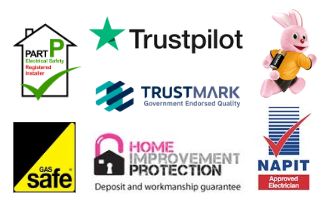Renewable Energy Grants
Heating our homes and workplaces with low carbon heat is one of the best things we can do to help combat climate change. Currently, heating all the buildings in the UK produces almost a quarter of the UK’s carbon emissions.
The boiler upgrade scheme will provide grants to encourage property owners to replace existing fossil fuel heating with more efficient, low carbon heating systems including air source heat pumps, ground source heat pumps and, in limited circumstances, biomass boilers. Heating systems can be commissioned any time from 1 April 2022. It has £450m funding confirmed over three years.
Replacing your current heating system with a heat pump will reduce your carbon footprint. To make the application for the scheme as simple as possible, it will be led by your chosen installer, with an opportunity for you to give consent that you are happy to proceed with the application.
Air source heat pumps and ground source heat pumps
The Government has announced changes to the domestic BUS, designed to encourage the wider installation of heat pumps and other boiler upgrading systems across the housing spectrum.
Following a public consultation during 2016, the changes take effect in Spring 2017. Those who apply after 14 December 2016 will be eligible for the current tariff rate and then for the increased tariff rate from the day, it comes into force. This tariff increase will happen automatically.
Grants will reduce the upfront cost of installing a low carbon heating system
You can get one grant per property. Current grants are available for:
£7,500 towards an air source heat pump
£7,500 towards a ground source heat pump (including water source heat pumps and those on shared ground loops)
£5,000 towards a biomass boiler
You cannot get a grant for a hybrid heat pump system (for example a combination of gas boiler and air source heat pump).
The system you install must meet certain standards, such as minimum efficiency levels (your installer can advise you on these).
The maximum capacity is 45kWth for individual systems and 300kWth for shared ground loops.


If you have installed solar PV panels or other eligible renewable electricity generation in your home or business, you may be able to earn money through the Smart Export Guarantee (SEG).
Details
If you generate renewable electricity in your home or business, you can feed back into the grid any electricity that you don’t use. Under the Smart Export Guarantee (SEG) you will be paid for every unit of electricity that you feed back. You won’t be paid for any that you use yourself.
What you need to apply for a SEG tariff
You need to have a renewable electricity generating system that meets the SEG eligibility requirements.
You must have a meter capable of providing half-hourly export readings. This would typically be a smart meter. Speak to your energy supplier about getting a smart meter installed if you do not already have one.
You need to show that your installation and installer are certified through the microgeneration certification scheme (MCS) or equivalent.
You cannot receive a SEG tariff if you are receiving export payments under the Feed-in Tariff scheme.
How to get a SEG tariff
You need to apply directly to a SEG tariff supplier to get paid. The Ofgem website lists the energy suppliers that provide SEG tariffs.
Your SEG tariff supplier does not need to be the same as the supplier that provides your energy.
SEG suppliers are required to offer you a tariff but are free to determine the terms of the tariff they offer, for example whether it is fixed or variable.
Tariffs can change over time so you should regularly check to make sure you remain on a competitive tariff.
If you have a storage device, such as a household battery or electric vehicle, that has the ability to import and export electricity, it could also be used to benefit from the SEG. Your prospective SEG tariff supplier can advise you about this.
How much could you save?
Use the Energy Saving Trust calculator to estimate:
How much you could save from solar panels or other renewable electricity generating systems
How much you could earn selling unused energy back
Although you will not be paid for electricity that you use yourself, you will save money through importing less from the grid.
You can now get paid for exporting the generated electricity from your solar panels back to the national grid. To claim the SEG subsidy your system requires a MCS certificate, please ask us for costs and details of this & see how our solar panels can work for you.




